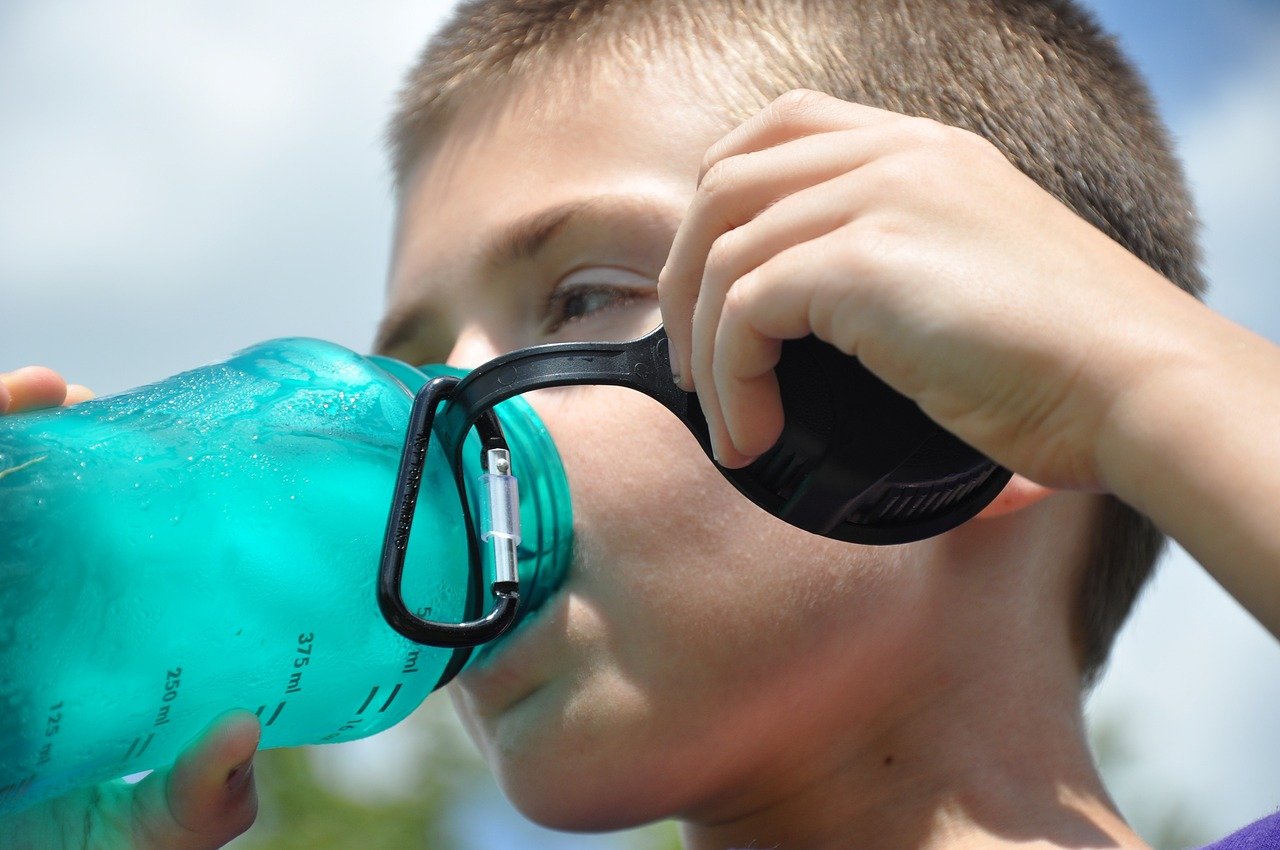Dehydration happens when our bodies lose more fluids than they take in, resulting in an imbalance of electrolytes and a diminished ability to operate normally. Recognising the indications of dehydration is critical since it is critical to address it as soon as possible in order to maintain overall health. Dr. Deepak Jakhar, MBBS, MD Dermatologist and Co-Founder of Dermosphere Clinic, walks us through the indicators of dehydration and prevention tips:
- Dry, flaky skin: You may notice that your skin is tight, rough, or flaky. Fine lines and wrinkles may become more visible as skin suppleness declines.
- Lips that are chapped or cracked: Your lips may feel dry and tight, or they may develop cracks. Lips may be red, inflamed, or peeling.
- Dull Skin: Dehydration can cause a dull complexion with less vibrant and luminous skin.
Skin thickness has increased. Dehydrated skin might become more sensitive to irritants, causing itching, redness, and discomfort. - Dehydrated skin might have delayed wound healing and may take longer to recover from cuts or other traumas.
Tips for Preventing Dehydration and Keeping Skin and Lips Healthy:
- Stay Hydrated Throughout the Day: Drinking enough of water throughout the day can help you stay hydrated. Set yourself reminders to drink water on a regular basis.
- Eat Hydrating Foods: Water-rich fruits and vegetables such as watermelon, cucumber, oranges, and lettuce should be consumed. Include foods high in healthy fats, such as avocados and almonds, to help with skin hydration.
- Use Hydrating Skincare Items: To lock in moisture, look for moisturisers and serums that contain components like hyaluronic acid, glycerin, and ceramides. To keep lips moisturised, apply lip balm containing moisturising components such as shea butter or coconut oil.
- Hot showers and harsh cleaners should be avoided because they can strip the skin of natural oils, resulting to dryness. Use gentle, moisturising cleansers and lukewarm water.
- Sunscreen should be applied regularly to protect your skin from UV radiation, which can contribute to skin dryness. Wear UV-protective clothing and seek shade when the sun is at its hottest.
- Make Your Environment More Humid: Use a humidifier to add moisture to the air and avoid severe skin dryness, especially during dry seasons.
- Moderate Caffeine and Alcohol Consumption: Caffeine and alcohol both have diuretic properties that contribute to dehydration. Increase their water intake to balance their consumption.










